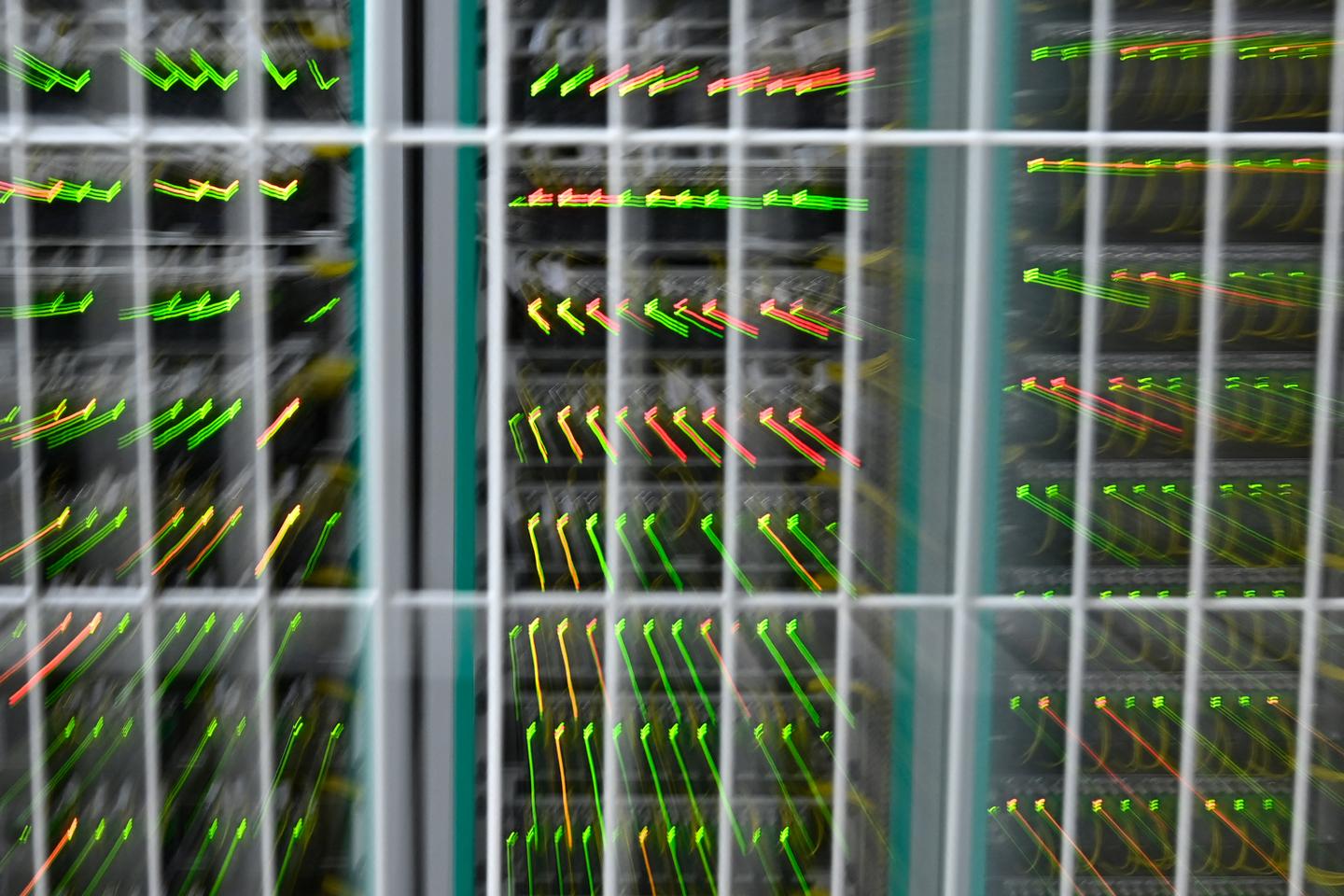


"We still don't appreciate the energy needs of this technology." This warning about artificial intelligence (AI) came not from an environmental activist but from one of the industry's stars: the OpenAI founder and "father of ChatGPT" himself, Sam Altman. Altman, who said this on January 16 on the sidelines of the Davos summit in Switzerland, is far from alone in this opinion.
The electricity consumed by the world's digital data centers is set to double by 2026, mainly due to the rise of AI and cryptocurrencies, according to a report published on January 24 by the International Energy Agency. Their needs could rise from 460 TWh in 2022, or 2% of global demand (of which 25% is for cryptocurrencies), to 1,050 TWh, a surge equivalent to adding the energy consumption of a country the size of Germany.
US data centers could triple their consumption by 2030 to 390 TWh, according to the Boston Consulting Group, quoted by Bloomberg.
A data center that used to double its power consumption every five years could soon be doubling it annually. This increase is due to the gradual arrival of supercomputers equipped with very powerful graphics cards, intended for training AI models and handling user requests for services like ChatGPT, explained an industry executive. A supercomputer cabinet would consume around five times more power than a normal server. Despite being relatively rare, there is a competitive rush surrounding these specialized graphics cards: Meta (Facebook, Instagram) plans to own 350,000 state-of-the-art cards from industry leader Nvidia by the end of 2024.
The explosion in AI-related electricity demand has already had local consequences: in the US, it's generating tension over new data center projects in Northern Virginia's "Data Center Alley." In the Kansas City area, it has prompted an energy supplier to push back the closing date of a coal-fired power plant, reported Bloomberg.
A dangerous gamble
In France, a country known for its decarbonized nuclear energy, Marseille's city council voted in late October for a debate on the role of data centers, while deputy mayor and environmentalist Sébastien Barles called for a "moratorium." As Le Monde reminded us in late 2023, Marseille has five centers and 11 projects in development, due to the 16 undersea internet cables connected to the port. Other network hubs, such as Amsterdam, London and Dublin, have also sparked debate around moratoria on new hubs. In France, voluntary load shedding in the event of local consumption peaks is already planned.
You have 40% of this article left to read. The rest is for subscribers only.
